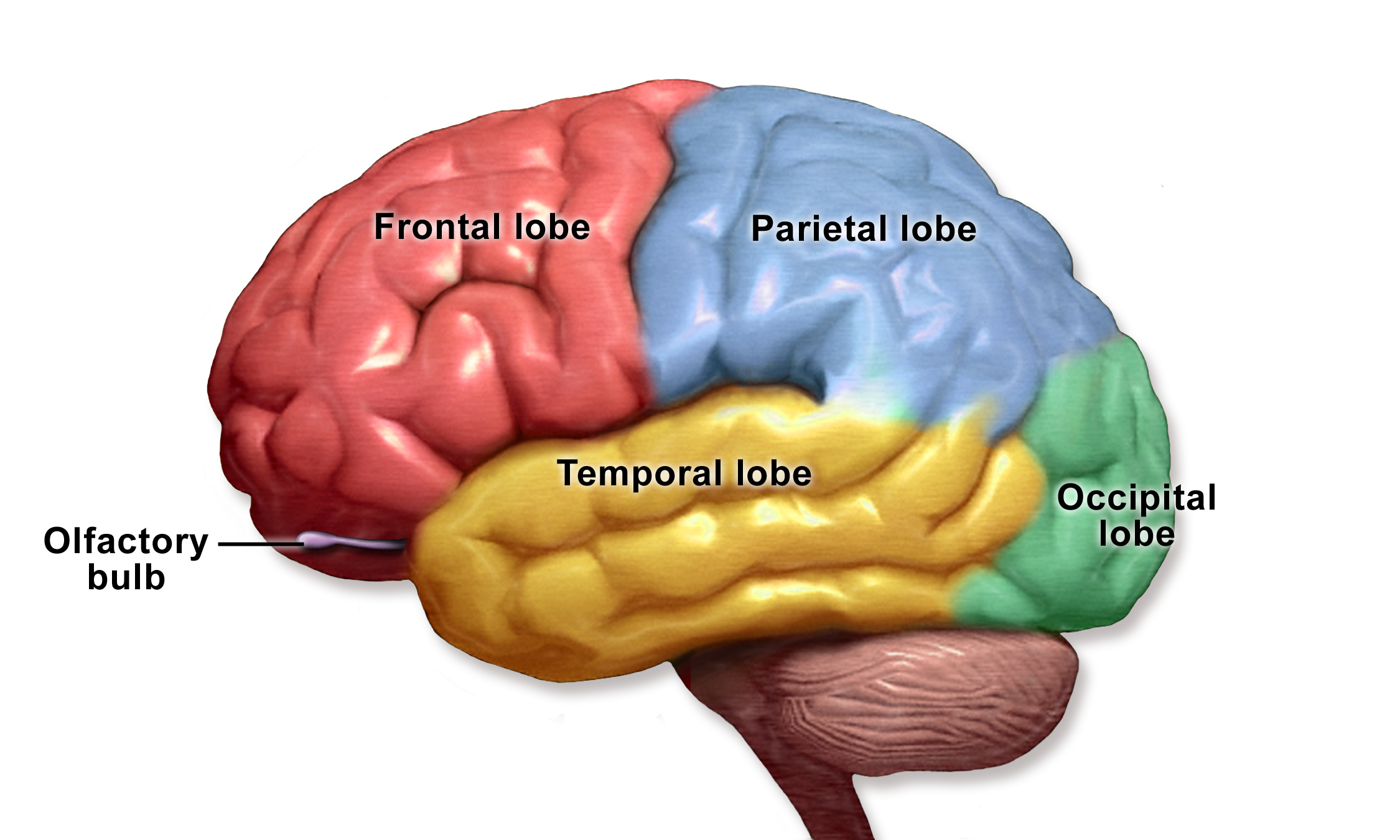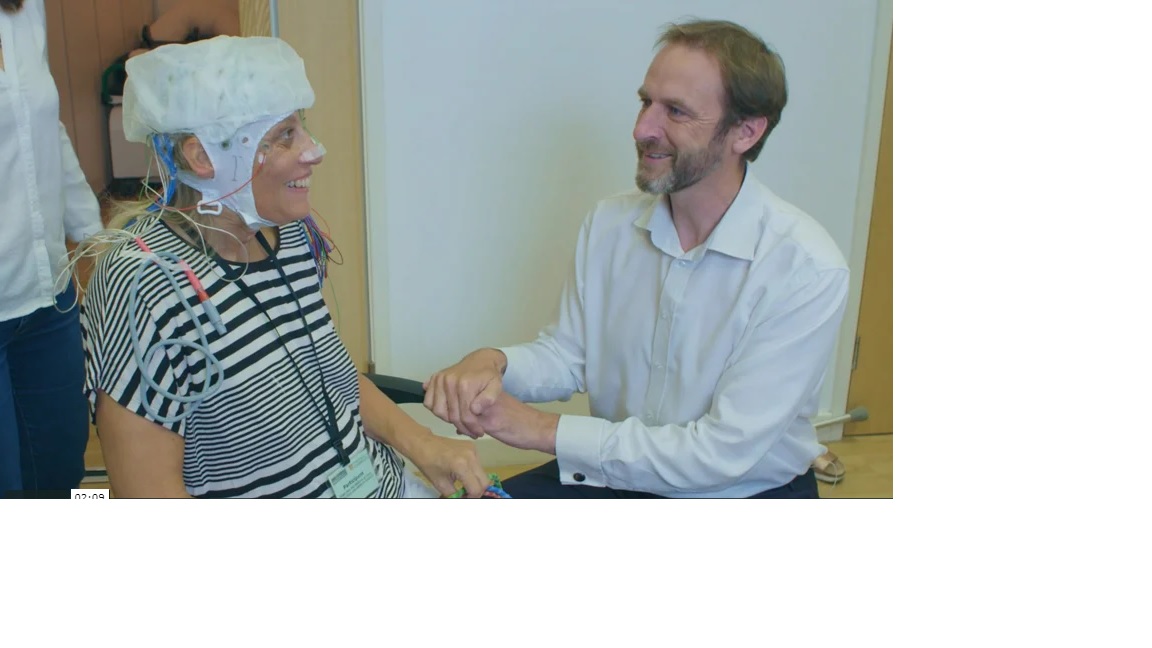
Dementia
Dementia is a chronic loss of mental processes, often as a result of dying back of the brain cells. There are many types of dementia, changing memory, speech, personality, reasoning, perception, and mobility.
Even though most people associate dementia with Alzheimer's disease, there are several other disorders or syndromes that cause brain atrophy and dementia.
Other types of dementia include:
- Frontotemporal dementia (FTD)
- Progressive Supranuclear Palsy (PSP)
- Corticobasal degeneration (CBD)
- Dementia with Lewy Bodies (LBD)
- Parkinson's disease with dementia (PDD)
- Vascular dementia (VaD)
We need to develop better methods of diagnosing for these brain conditions and identify new therapeutic targets as currently no curative treatments exist. These disorders are biologically and clinically distinct from each other, but can show similar symptoms. Late diagnosis and misdiagnosis are common problems and many patients have an uncertain or ambiguous diagnosis.
Frontotemporal Lobar Degeneration (FTLD)
Frontotemporal Lobar Degeneration describes the brain changes that led to several different forms of dementia, including:
- Frontotemporal Dementia (FTD) with its several subtypes
- Corticobasal Degeneration (CBD)
- Progressive Supranuclear Palsy (PSP)
Frontotemporal dementia (FTD) is characterised by progressive neuronal loss predominantly involving the frontal and temporal parts (see the picture at the top) of the brain.
FTD accounts for about half of young-onset dementia cases (under 65 years old). It is classified into 3 groups based on the signs and symptoms of social and personal behaviour, emotions, speech, and language:
- Behavioural-variant Frontotemporal Dementia (bvFTD): Patients show changes in social behaviour and conduct, with loss of social awareness and poor impulse control, often with a very sweet tooth. This can sometimes come with motor neuron disease (MND) as part of the illness.
- Semantic Dementia (SD; also called the semantic variant of primary progressive aphasia svPPA): Patients show loss of understanding of words and meaning, and what objects or people are. Comprehension is poor, but speech remains fluent.
- Progressive non-fluent aphasia (PNFA, also called non-fluent agrammatic variant of primary progressive aphasia nfvPPA): Patients have difficulties in finding and articulating words, and putting words together. Speech and writing are forgetful and 'telegraphic', but comprehension of words and objects is good.
Corticobasal degeneration (CBD) and corticobasal syndrome (CBS) are caused by degeneration in the cerebral cortex (that affects thinking, sensation, and coordination) and the basal ganglia (causing slow, stiff or jerky movements).
Progressive Supranuclear Palsy (PSP) is a progressive disease that causes problems with balance, movement, vision, speech, and swallowing. In its early stages, symptoms can resemble those of other neurological conditions such as Parkinson’s disease, Multiple System Atrophy, or Depression and misdiagnosis is common. Some of the main symptoms of PSP include:
- problems with balance and mobility; frequent falls
- changes in behaviour (e.g., apathy)
- muscle stiffness
- difficulty to look up and down, or blink
- slow, quiet or slurred speech
- slowness of thought, and irritability
Multiple Systems Atrophy (MSA) also causes slow movement and stiffness, with additional problems with coordination, bladder, and blood pressure control.

